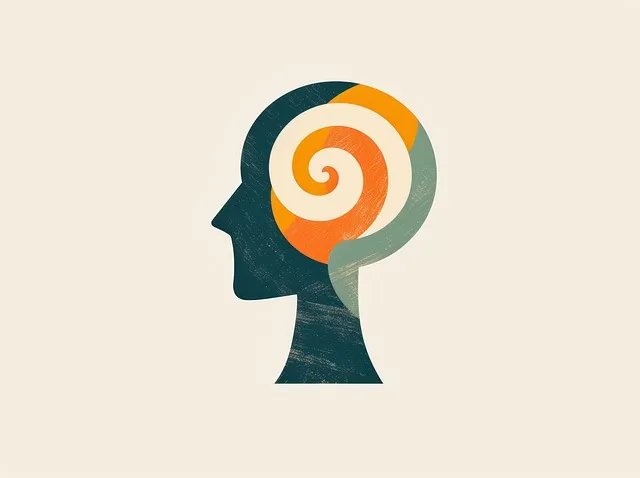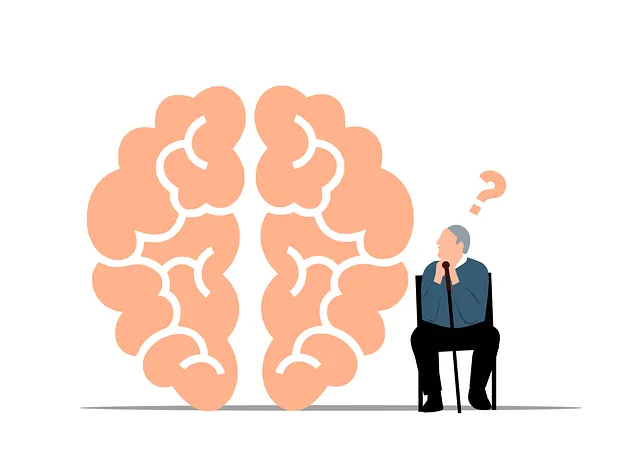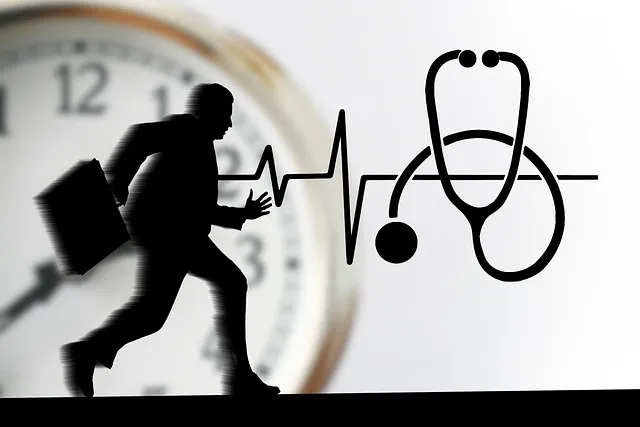Emotion regulation techniques, emphasized at the Denver Kaiser Permanente mental health center during visiting hours, empower individuals to manage stress and adversity through compassion cultivation, mindfulness, and cognitive reframing. Their Community Outreach Program and Social Skills Training programs support emotional well-being by reducing stigma and providing practical skills. Consistent daily practice, including mindfulness exercises and physical activity, is crucial for improving emotional regulation and achieving better mental wellness at the Denver Kaiser Permanente mental health center.
Emotion regulation is a vital skill, and learning effective techniques can transform one’s well-being. This article explores the power of emotion regulation as a game-changer in managing stress and fostering mental resilience. We delve into practical strategies taught at the renowned Denver Kaiser Permanente Mental Health Center, offering valuable insights for visitors seeking to unlock healthy coping mechanisms. Discover tips on implementing these techniques for long-term emotional balance during your next visit.
- Understanding Emotion Regulation: Unlocking Healthy Coping Mechanisms
- Teaching Techniques: Practical Strategies from Denver Kaiser Permanente Mental Health Center
- Implementing and Practicing: Tips for Effective Learning and Long-Term Regulation
Understanding Emotion Regulation: Unlocking Healthy Coping Mechanisms

Emotion regulation is a vital skill that enables individuals to navigate life’s challenges with resilience and adaptability. It involves understanding, managing, and responding to one’s emotions in healthy ways, fostering emotional well-being. At Denver Kaiser Permanente mental health center visiting hours, professionals often emphasize the importance of compassion cultivation practices as a key component of emotion regulation techniques teaching. This approach encourages individuals to develop empathy, kindness, and self-compassion, which can significantly enhance their ability to cope with stress and adversity.
By integrating these coping mechanisms, people learn to transform negative emotional reactions into opportunities for growth and learning. The concept is closely tied to risk management planning for mental health professionals, where understanding and regulating emotions are essential tools for providing effective care. Through various techniques, such as mindfulness practices and cognitive reframing, individuals can unlock their inherent capacity for resilience, ensuring they approach life’s ups and downs with equanimity and emotional balance.
Teaching Techniques: Practical Strategies from Denver Kaiser Permanente Mental Health Center

The Denver Kaiser Permanente Mental Health Center has pioneered innovative teaching techniques to help individuals manage and regulate their emotions effectively. One notable approach is their Community Outreach Program, which extends services beyond traditional therapy settings. By organizing workshops and support groups in local communities, they facilitate a sense of belonging and reduce the stigma associated with mental illness. This strategy not only encourages early intervention but also fosters social connections, crucial elements in emotional well-being.
Additionally, the center incorporates Social Skills Training into their curriculum, recognizing that emotional regulation is intricately linked to one’s ability to interact and communicate. These skills are taught through interactive exercises and role-playing scenarios, enabling individuals to navigate social situations with confidence and grace. Such practical strategies have proven effective in empowering individuals to take charge of their emotional health during their visiting hours at the Denver Kaiser Permanente Mental Health Center.
Implementing and Practicing: Tips for Effective Learning and Long-Term Regulation

Implementing emotion regulation techniques requires consistent practice and dedication. At the Denver Kaiser Permanente mental health center visiting hours, professionals often emphasize the importance of daily engagement with these strategies for long-term mental wellness. Incorporate moments of mindfulness into your routine; this could be as simple as five minutes of focused breathing each morning or evening. Mental Wellness Journaling Exercise Guidance suggests documenting emotions and experiences in a journal can provide valuable insights and facilitate self-awareness.
Additionally, consider incorporating physical activity, as it’s been shown to boost mood and reduce stress. Regular exercise doesn’t have to be strenuous; even brisk walks can make a difference. Mental Health Policy Analysis and Advocacy highlights the need for personalized approaches, so experiment with various techniques to discover what works best for you. Consistency is key; regular practice will not only enhance your ability to regulate emotions but also contribute to a healthier and more balanced mental wellness.
Emotion regulation techniques, as taught by the Denver Kaiser Permanente Mental Health Center, offer a powerful tool for managing and understanding our emotional responses. By implementing these practical strategies, individuals can unlock healthier coping mechanisms and improve their overall well-being. With consistent practice, these techniques can become an integral part of daily life, enabling folks to navigate their emotions with greater ease and enhancing their ability to cope with life’s challenges. So, whether you’re a patient visiting the Denver Kaiser Permanente center or implementing these strategies at home, remember that emotion regulation is a skill worth cultivating for a happier, more balanced life.






